
New Safety Protocol For LGBTQIA+ Prisoners In Tasmania
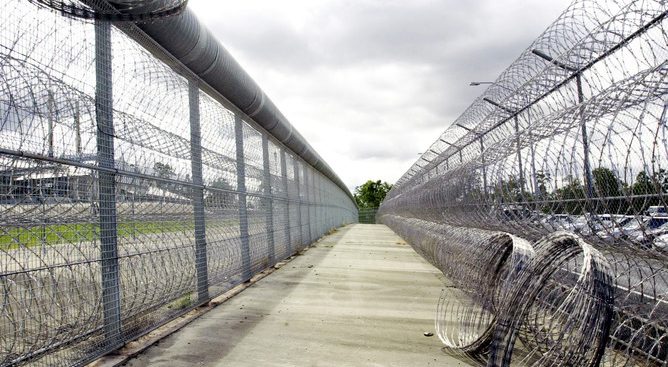
The Tasmanian Prison Service has resolved to put in place additional protections for LGBTQIA+ prisoners in the Adult Wellbeing Inspection Report 2024, which was tabled in Parliament yesterday.
State Custodial Inspector Richard Connock wrote in a statement yesterday that the news was a welcome change.
“Members of the LGBTIQA+ community are particularly vulnerable in prison environments,” he said. “Sadly, following the inspection, we observed evidence of two serious assaults on gay men by other people in custody occurring within the space of a month.
“While we also saw evidence that the TPS is modelling positive leadership, with a couple being able to share a cell and the bullying of a LGBTQIA+ person in custody being proactively addressed, it is important that this continues to be a focus to ensure the safety and welfare of the LGBTIQA+ community.”
Equality Tasmania have welcomed the increased focus on queer prisoners’ safety, but were alarmed by the reports of violence.
“More training and better policies are required to ensure LGBTIQA+ prisoners aren’t subject to hate-motivated abuse and violence while serving their sentences,” said spokesperson Rodney Croome.
“We will continue to raise our concerns through the Department of Justice LGBTIQA+ Reference Group and we will work with the Custodial Inspector on developing expectations for the treatment of LGBTIQA+ prisoners.”
More policies to be introduced
The Department of Justice is developing a Trans and Gender Diverse Prisoner Policy in consultation with its LGBTIQA+ Reference Group.
The first transgender prisoner protocol was issued in 2009, and detailed that prisoners would be placed in the prison that aligned with their gender identification unless there were major security issues.
However, a recent report found that Marjorie Harwood, a transgender woman, was placed with the male prison population on multiple occasions after the protocol had been issued. She suffered physical and sexual assault and intimidation during her stay in prison.
Records proved staff knew of her gender identity, with correctional health records noting she “wants to identify as a woman and has taken hormones in the past”, and was “overtly female”.
Despite this, there was no consideration to place her in a women’s prison, as the policy dictated.
“We welcome the development of a Trans and Gender Diverse Prisoner Policy,” Croome said. “But the Department of Justice must also develop policies on gay, lesbian and bisexual prisoners and prisoners with innate variations of sex characteristics.”
At the end of his report, Connock emphasised the urgency of these changes.
“As an employer, the government has a duty of care to its staff, and as the body responsible for people in custody, it is essential that their basic human rights are upheld.”
You are not alone. If you or someone you know has experienced sexual or family violence and needs support, you can contact:
- 1800RESPECT: 1800 737 732
- Lifeline: 13 11 14
- LGBTQ+ Rainbow Sexual, Domestic & Family Violence Service Help Line: 1800 385 578
- NSW Mental Health Access Line: 1800 011 511
- Alan Beyond Blue: 1300 224 636
- Suicide Call Back Service: 1300 659 467
- Mensline 1300789978
- Alcohol and Drug Information Service: 1800 250 015
- QLife (3pm to midnight): 1800 184 527
- 13YARN (Aboriginal and Torres Strait Islander line) – 13 92 76





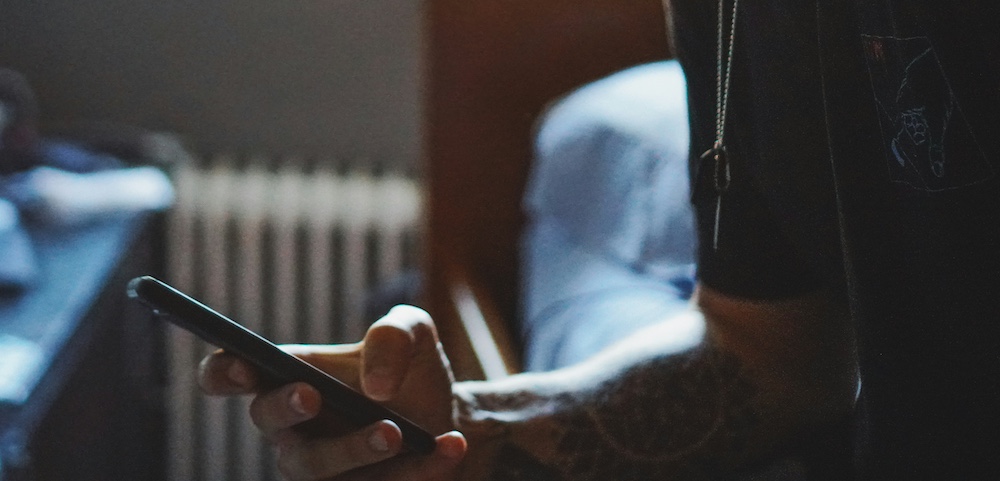
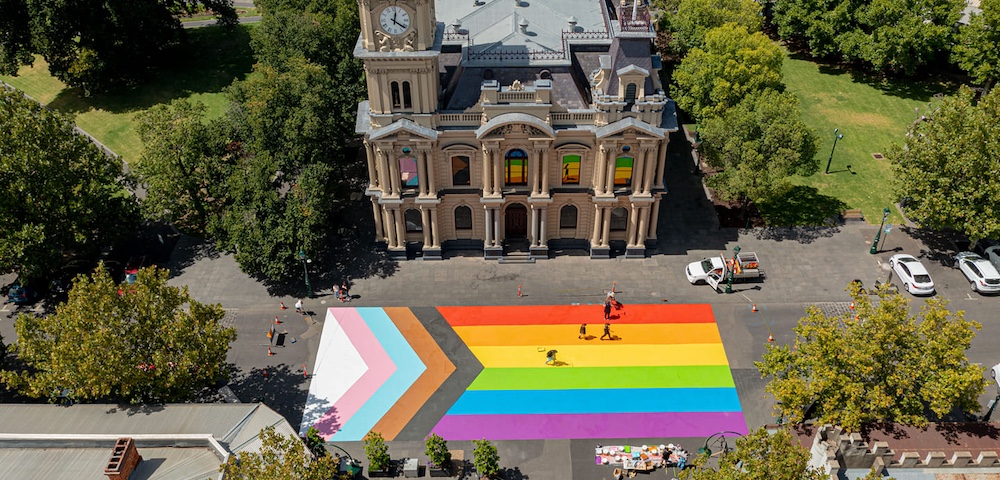
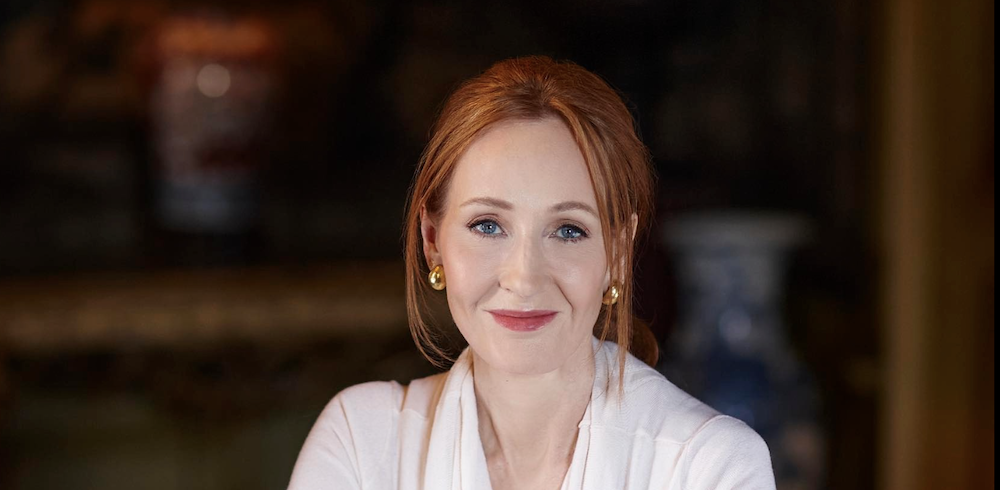

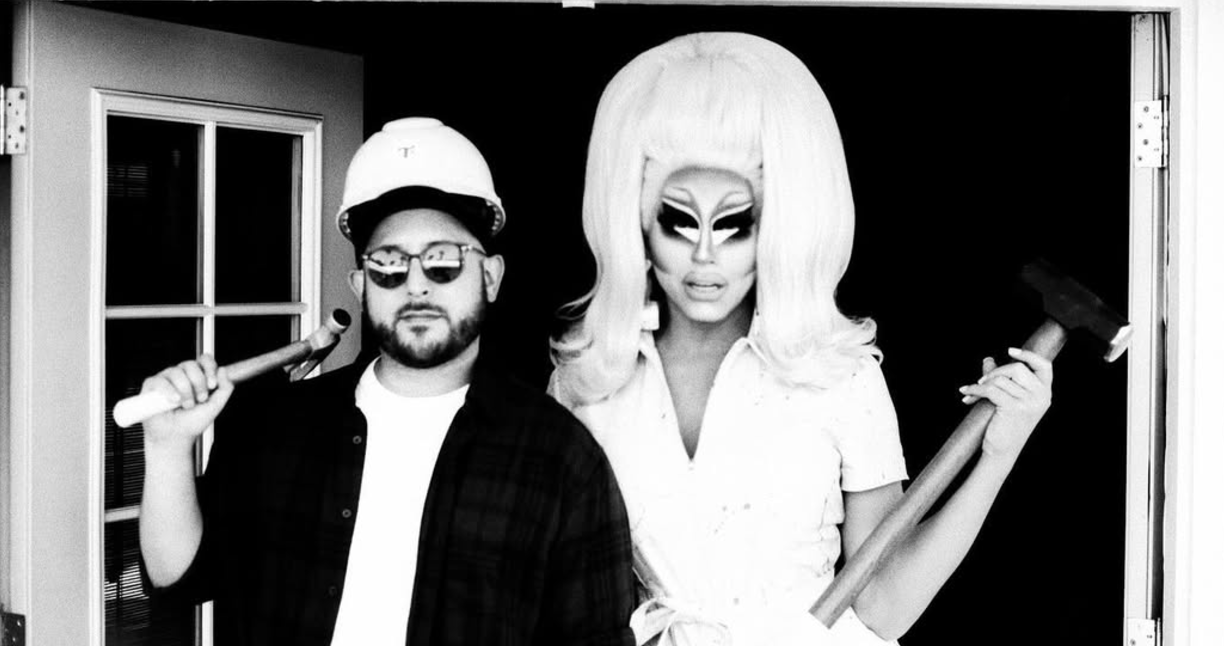
Leave a Reply